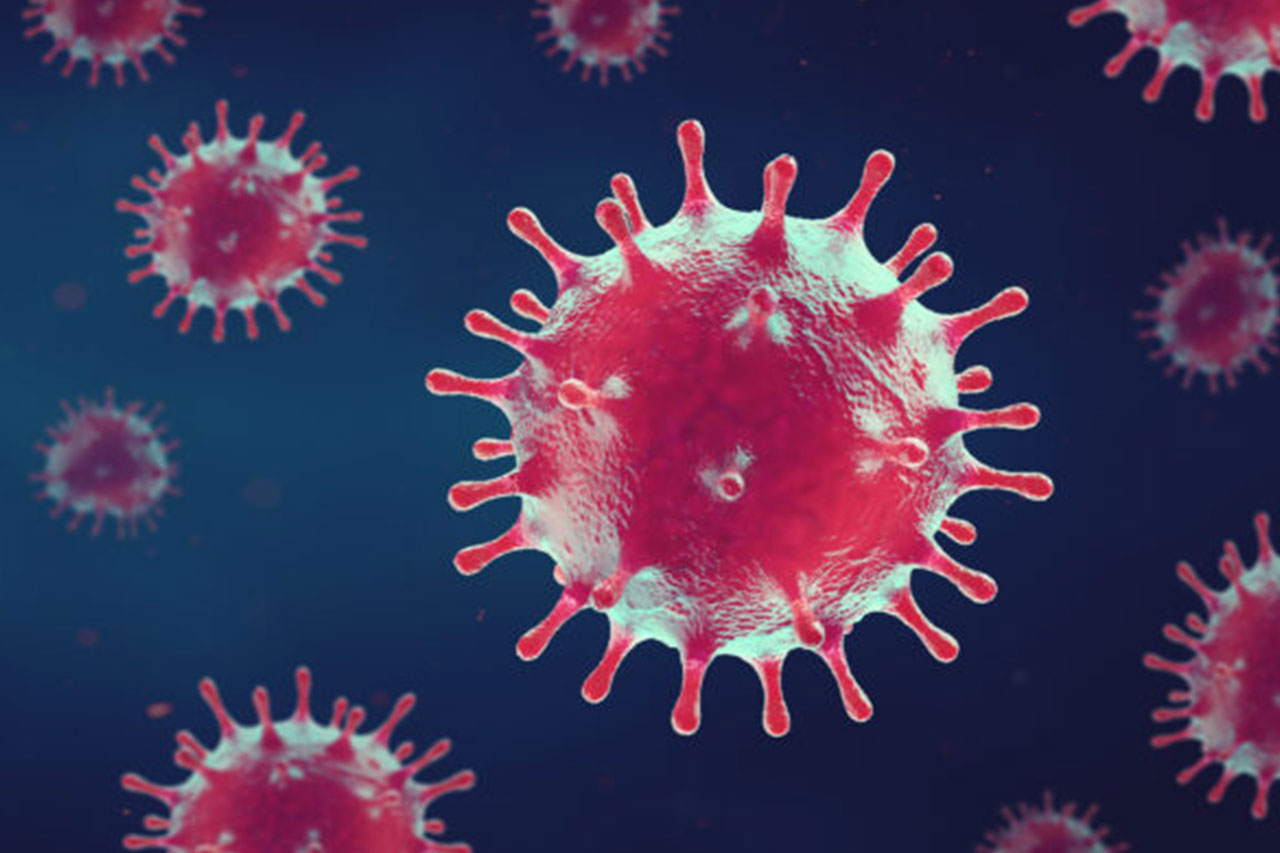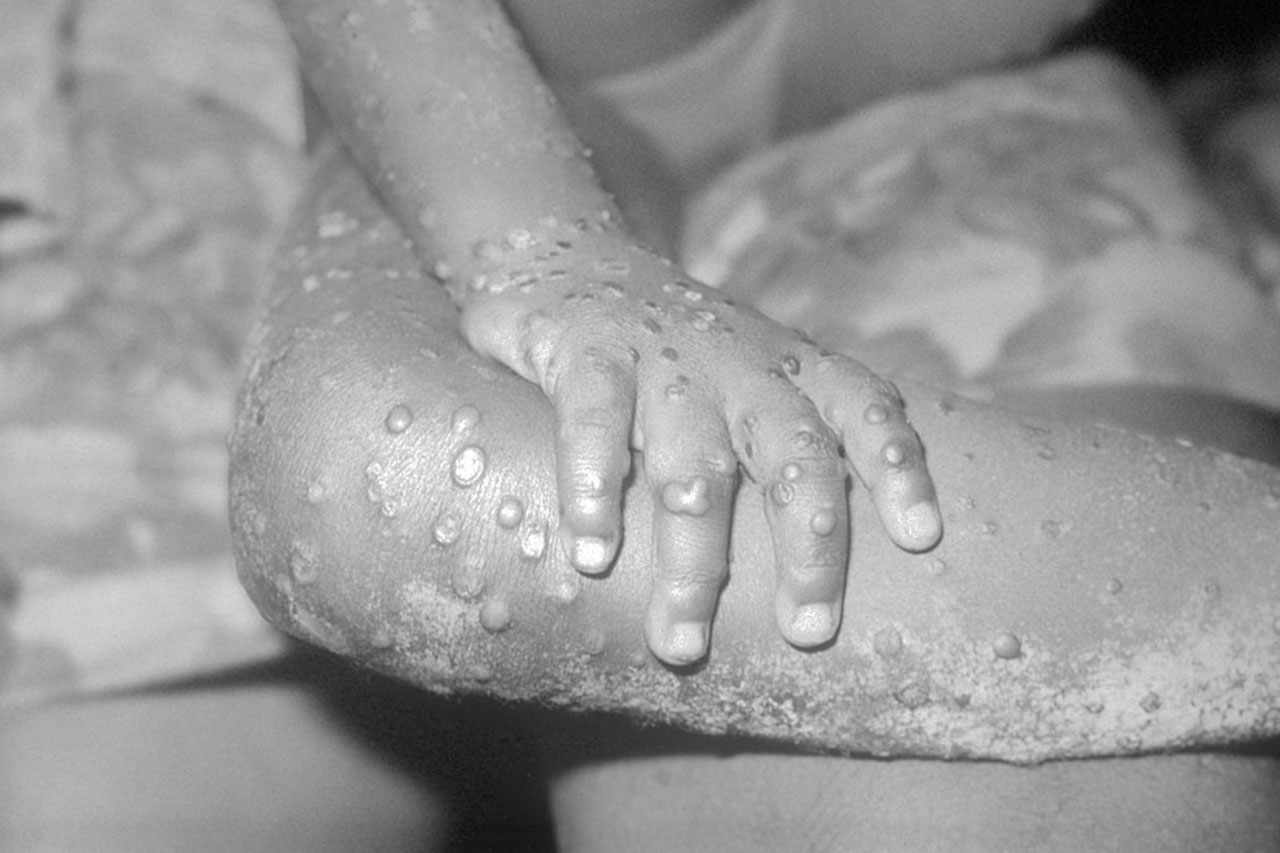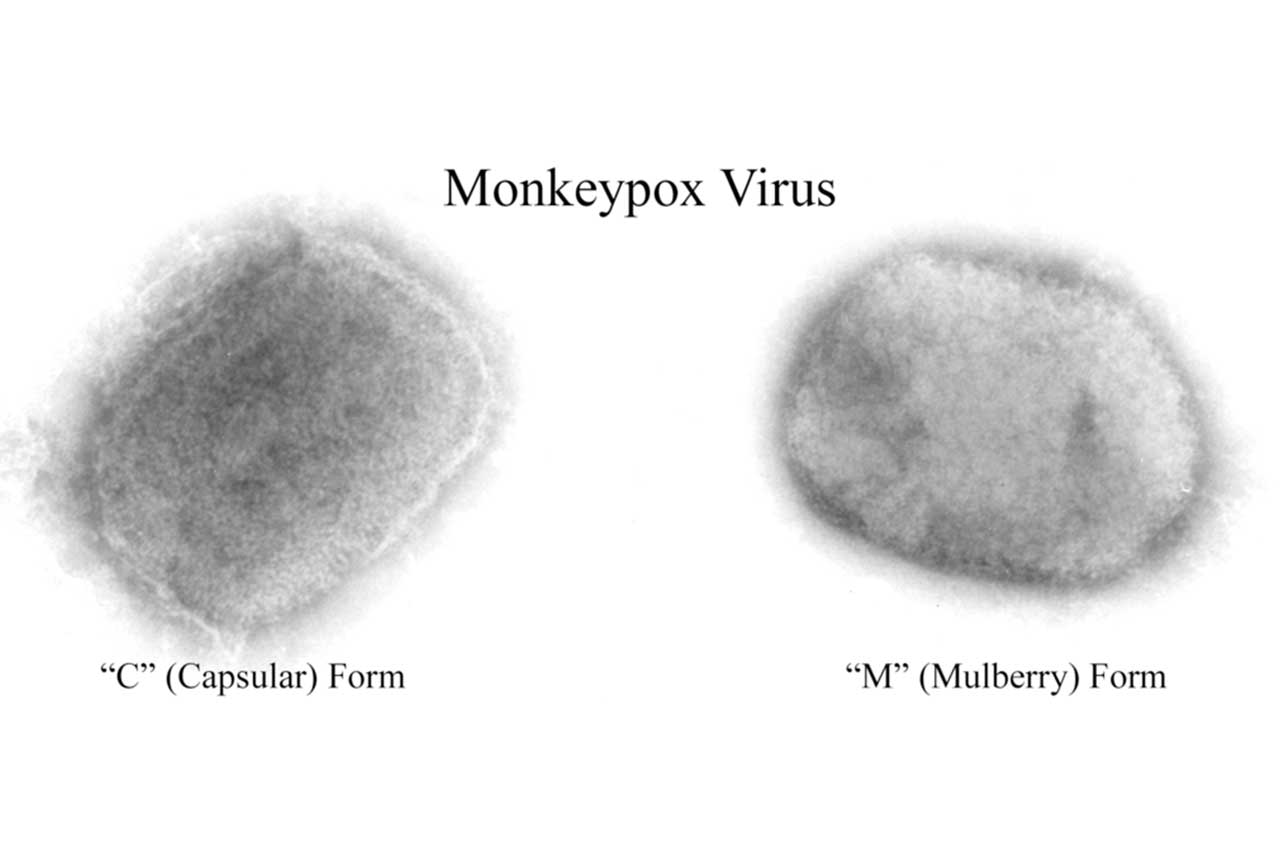
Article by Lalita Panicker, Consulting Editor, Views and Editor, Insight, Hindustan Times, New Delhi
The inexpensive and widely used diabetes drug metformin decreased the risk of developing Long Covid in overweight and obese outpatients who took it while acutely ill with SARS-CoV-2 infection, researchers reported last week in The Lancet Infectious Diseases. https://www.science.org/content/article/news-glance-long-covid-treatment-global-earthquake-model-and-deep-sea-mining
The risk was 41% lower for the metformin group than for a comparison group receiving a placebo. The study presents the first evidence from a randomized clinical trial that a medication taken by patients who have acute symptoms such as cough and fever can reduce the risk of Long Covid, an ill-defined, chronic condition with symptoms that can include extreme fatigue, breathlessness, and brain fog. About 1,100 U.S. trial participants were given placebo or metformin within 7 days of becoming ill. In the following 180 to 300 days, 10.4% in the placebo group reported being diagnosed with Long Covid versus 6.3% in the metformin group.
///
Deadly outbreaks of Marburg virus disease in Equatorial Guinea and Tanzania, the first in both countries, have officially ended. For scientists, the relief is mixed with frustration that public health authorities could not mobilize vaccine candidates fast enough to get data on their efficacy. https://www.science.org/content/article/news-glance-long-covid-treatment-global-earthquake-model-and-deep-sea-mining
The outbreaks had caused a total of 49 probable or confirmed cases, including 41 deaths; authorities declared them over this month after recording 42 days without new cases of the haemorrhagic fever reported. Marburg virus disease has appeared sporadically in different countries in recent years, often causing just a handful of cases, making it hard to test vaccines. The World Health Organization had pushed without success to quickly launch trials of several experimental Marburg vaccines in Equatorial Guinea. But no doses made it there before cases dwindled.
////
A vaccine against the debilitating chikungunya disease has come a step closer. Results of a large human trial suggest a leading candidate provokes a strong immune response in 99% of participants and is generally well tolerated. https://www.gavi.org/vaccineswork/promising-trial-results-suggest-chikungunya-vaccine-could-be-within-reach
However, because the trial was not conducted in regions where chikungunya is endemic, further studies are needed to prove that it protects against disease and is safe in populations who have already been exposed to the virus.
Chikungunya is a mosquito-borne disease caused by the chikungunya virus, which is endemic in some regions of Africa, Asia, and the Americas. It is rarely fatal, but causes fever and debilitating joint pain, muscle pain, joint swelling, headache, nausea, fatigue and rash. In some patients, the chronic joint pain and other symptoms can persist for months or years. There is currently no approved vaccine or specific treatment for chikungunya virus infections.
Valneva’s VLA1553 chikungunya vaccine candidate is one of several currently being assessed in phase 3 clinical trials, and the first to report results. It is made from a weakened version of the live chikungunya virus, so is likely to be unsuitable for people with weakened immune systems or during pregnancy.
The new study involved 4,115 healthy adults from across the US. Three-quarters of them were given a single dose of VLA1553 via an injection into their arms, while the rest were given a placebo.
The results, published in The Lancet, suggested that the vaccine was generally well tolerated across all age groups, with most adverse events being mild or moderate. These included headaches, fatigue, muscle or joint pain, and pain at the injection site.
Serious adverse events were reported in 2% (46 out of 3,082) of participants exposed to VLA1553 and 1% (8 out of 1,033) of those who received the placebo. Two of these were classified as related to the vaccine: One was a case of mild muscle pain in a woman with a medical history of fibromyalgia, and the other was a fever, which resulted in hospitalization. Neither resulted in death.
Immune responses were tested in a subgroup of 266 participants given the VLA1553 vaccine and 96 given the placebo. Twenty-eight days after receiving a single dose, neutralising antibodies against chikungunya virus were detected at a level that is considered to protect against disease in 99% of those tested. There was no difference in immune response according to age.
////
Scientists have demonstrated how nasal drops containing a particular molecule can help mice recover from the damaging biological consequences of a stroke – and the hope is that the treatment could eventually be transferred to humans. https://www.sciencealert.com/special-nasal-drops-could-help-the-brain-recover-after-a-stroke
Crucially, the treatment isn’t applied straight away but is initiated seven days after the stroke. That means those who are unable to be assisted immediately after a stroke could still be protected against the worst effects of the condition.
The key molecule in the drops is the complement peptide (a chain of amino acids) C3a, which we already know plays an important role in the body’s immune system, as well as in the development and plasticity of the brain.
“With this method, there’s no need to race against the clock,” says neuroimmunologist Marcela Pekna from the University of Gothenburg in Sweden.
“If the treatment is used in clinical practice, all stroke patients could receive it, even those who arrive at the hospital too late for thrombolysis or thrombectomy. Those who have remaining disability after the clot is removed could improve with this treatment too.”
The delay is actually deliberate. Applied too early, the C3a peptide can increase the number of inflammatory cells in the brain, where they would start doing more harm than good.
Scientists induced an artificial ischemic stroke, the most common type of stroke there is, in mice. After a week, however, the nasal drops proved to help mice recover motor function faster and more completely, compared to a placebo group.
The new study also gives us a better idea of the effect of C3a on the brain. MRI scans revealed that the peptide helped to increase the number of connections between nerve cells in the brains of the mice.
The study builds on previous work by some of the same researchers into how the C3a peptide can protect against and reverse stroke damage. That they were able to repeat their results demonstrates the potential of this particular approach.
Some 7.6 million people a year experience an ischemic stroke, with more than half then going on to develop some kind of physical or mental impairment as a result: a loss of voluntary movement in an arm or a leg, speech disturbances, or issues with depression and anxiety.
Nasal drops with the C3a peptide could make a massive difference in those figures – though we’re going to have to make sure that the treatment is viable in humans as well as mice first. We can add it to the list of several possible options researchers are exploring.
“Our ambition is to develop the method to make it usable in clinical practice, but to get there, and especially to be able to carry out the necessary clinical trials, we need to team up with a partner in the pharmaceutical industry,” says Pekna.






